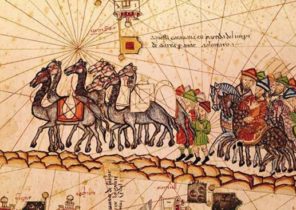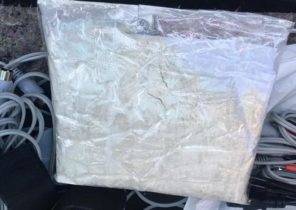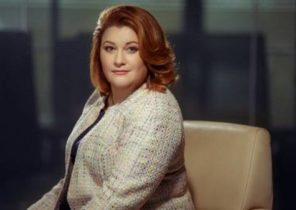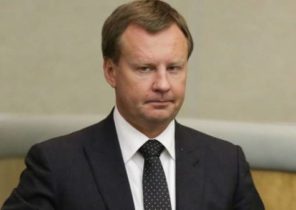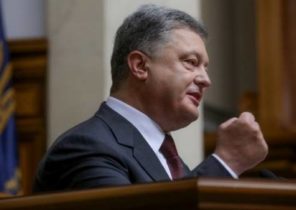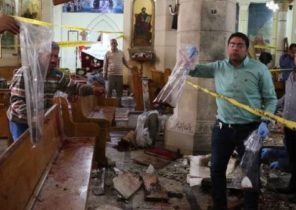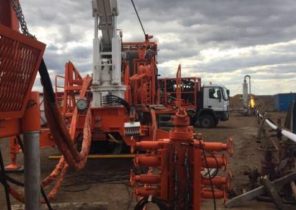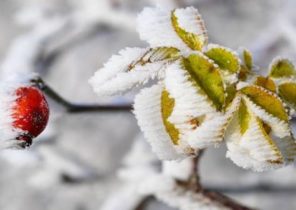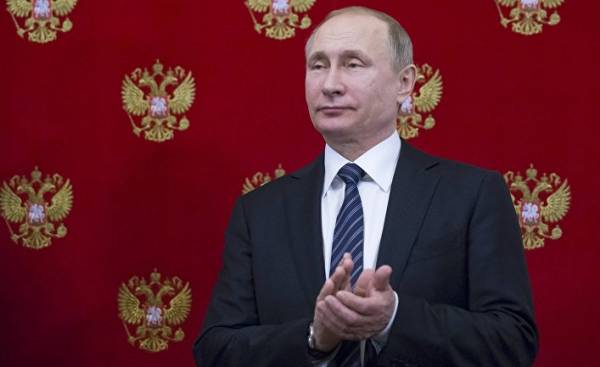
On the background of published media revelations that the President trump may have tried to prevent the investigation concerning the actions of former national security adviser Michael Flynn (as far as we know, he told the FBI Director James Komi: “I hope you can keep it”), many are now asking the very pertinent question — what does this mean for Donald trump and his presidency?
But we also need to think about what it means for our country.
Meanwhile, Russian President Vladimir Putin, as it became known, declared its willingness to give Congress the transcript of the President trump with Russian foreign Minister Sergei Lavrov and Russia’s Ambassador to the United States Sergei Kislyak, that is that conversation during which, as reaffirmed by the current national security Advisor HSBC. Ar. McMaster, trump shared secret information.
The United States and the West are in Russia organized the siege — both outside and inside. Putin probably doesn’t know what to do now — to laugh at what he has done to our country, or to cry with joy.
In any case, he’s probably enjoying the results of what he considers his final revenge.
Revisionist forces are trying to undermine the liberal international order and to rewrite international rules and regulations in their favor through politics, diplomatic maneuvering, economic war and military action.
However, Putin understands that it is not enough to challenge the established post-Second world war order and determination of Western institutions. He understands that, ultimately, his arms weak and he needs to play well. That’s why he is working to weaken the United States and the West from the inside.
To achieve their goals Putin has defined our Central, strategic vulnerability — our deep, internal contradictions.
The most important battle of this war while we can assume the presidential elections in 2016. Putin chose as a target the very essence of our democracy — our elections, and to elections for the highest office, and thus he strengthened and expanded the narrative, according to which not only the corrupt leaders are a problem, but the system itself is the problem.
In other words, this system is unfair.
Putin believed that through selective leaks of information and the spreading of misinformation, or “fake news” in our public political discourse it can cause us to question the fundamental foundations of our Republic — our ideals, our institutions, our processes, our leadership.
Putin understands that our internal contradictions, the contradictions between the elites and representatives of non-elites, between macro – and micro-level, between city and countryside, between global and local issues are key vulnerabilities for the United States. The election of Donald trump highlighted this reality, and its consequences continue to affect.
We are a divided country. Americans are frustrated and feel fear. And our Foundation is damaged.
If we do not take measures, then Putin will be able to arrange his final revenge — revenge for the collapse of the Soviet Union, and this will be done with the fall of the United States as we know them.
We should strengthen our internal cohesion economically, politically, socially. This will require a paradigm shift in our culture, as well as real changes in our political dialogue, including refocusing in the direction of the smallest economic, political and social formations in our society.
Putin rightly believes that our country is so strong, how strong our ideals, our commitment to institutions and our connection with each other. We must not allow him to take advantage of this strategic vulnerability.
The struggle at present and our national task at this moment should be the protection of Western democratic institutions, as well as the restoration and upgrading of the foundations of our country.
Alex Gallo — senior researcher at the Center for strategic and international studies (Center for Strategic and International Studies), and the editor of the site GenerationReform.com. Previously for five years he worked in the Committee on armed services, house of representatives, U.S. Congress. He graduated from the military Academy at West Point, as well as the School of management named after John F. Kennedy at Harvard University (Harvard Kennedy School); in addition, he participated in the fighting. His articles printed in such publications as the Washington Post, National Review, Huffington Post, The Hill and Foreign Affairs.
In this article, the author expresses his own point of view and not the view of the magazine The Hill.
